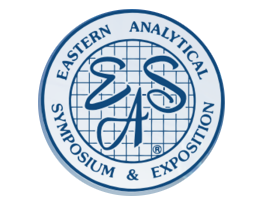
University of Maryland
Catherine Fenselau received her A.B. at Bryn Mawr College and her Ph.D. at Stanford University, where she joined Carl Djerassi in the first studies of mass spectrometric fragmentation of amines, amides and esters. Her post-doctoral research was conducted with Melvin Calvin and A.L. Burlingame at UC Berkeley. In 1967 she joined the faculty of the Department of Pharmacology and Experimental Therapeutics at Johns Hopkins as one of the first two formally trained mass spectroscopists to join the faculty of a U.S. medical school. At Hopkins she and O. Michael Colvin (Oncology) were the first to elucidate the structure of the active metabolite of cyclophosphamide. With collaborators from the FDA she determined the structure of commercial Laetrile as a glycoside, not the patented glucuronide. With John Anhalt (Pathology) she first demonstrated that bacteria could be distinguished at the species level by direct desorption of chemical biomarkers into the mass spectrometer. Partnering with Robert Cotter, in 1978 she established a National Science Foundation Regional Instrumentation Facility at Hopkins, which catalyzed both instrument development and novel applications. In 1988 she moved her laboratory to University of Maryland – Baltimore County, where among many contributions, her team used a four sector tandem mass spectrometer to measure the proton affinity of arginine for the first time. She is currently Professor of Chemistry and Biochemistry at the University of Maryland, where she is funded to develop new methods for proteomics and to characterize cell surface proteins, extracellular vesicles and polyubiquitins. Her contributions to mass spectrometry and its biomedical applications have been recognized by awards from the American Chemical Society, the International Mass Spectrometry Foundation, the American Society for Mass Spectrometry, the Eastern Analytical Symposium, the Pittsburg Conference, American Society for Pharmacology and Experimental Therapeutics, Human Proteome Organization and others.
